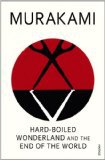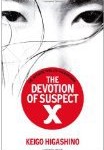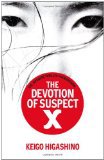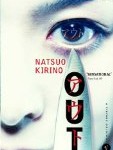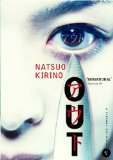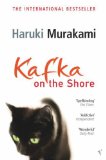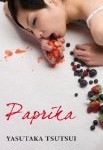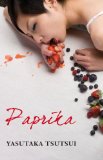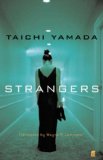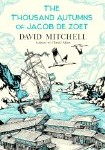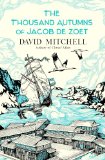Five words from the blurb: unicorn, librarians, descent, tradegy, detachment
Hard-Boiled Wonderland is my fifth Murakami (I’ve read Wild Sheep Chase, Norwegian Wood, The Wind-Up Bird Chronicle and Kafka on the Shore) but although I loved the bizarre scenes, I think I understood this book less than any of the others I’ve read.
The book contained a dual narrative: one part set in an alternative version of modern Japan, the other in a mysterious walled city. These short, alternating chapters added pace and ensured the reader was never bored.
The plot revolved around unicorns; trying to avoid strange vicious creatures called INKlings; and bizarre experiments on the mind. I loved the first two aspects, but the third confused me. I also failed to understand the book’s concept. I think I’d benefit from reading a study guide, as far too much went over my head.
The writing style was simpler and less vibrant than the other Murakamis I’ve read and I initially struggled to connect with it. It took about 70 pages before I was gripped to the plot and there was one point, about 40 pages in, where I even considered abandoning it. Luckily I persevered and was rewarded with more of Murakami’s unique brand of weirdness.
“Your shadow is on the verge of death. A person has the right to see his own shadow under these circumstances. There are rules about this. The Town observes the passing of a shadow as a solemn event, and the Gatekeeper does not interfere.”
The joy of this book is the way it transports you out of your comfort zone. It is unpredictable, entertaining and completely bonkers, but I wish I there had been more adventure and less complex mind theory.
Recommended to those who are already Murakami fans, as I don’t think this is a good place to start.

.
Have you read this book?
Did you understand it?
Is it your favourite Murakami?
To find more Japanese literature reviews head over to Tony’s January in Japan blog.
